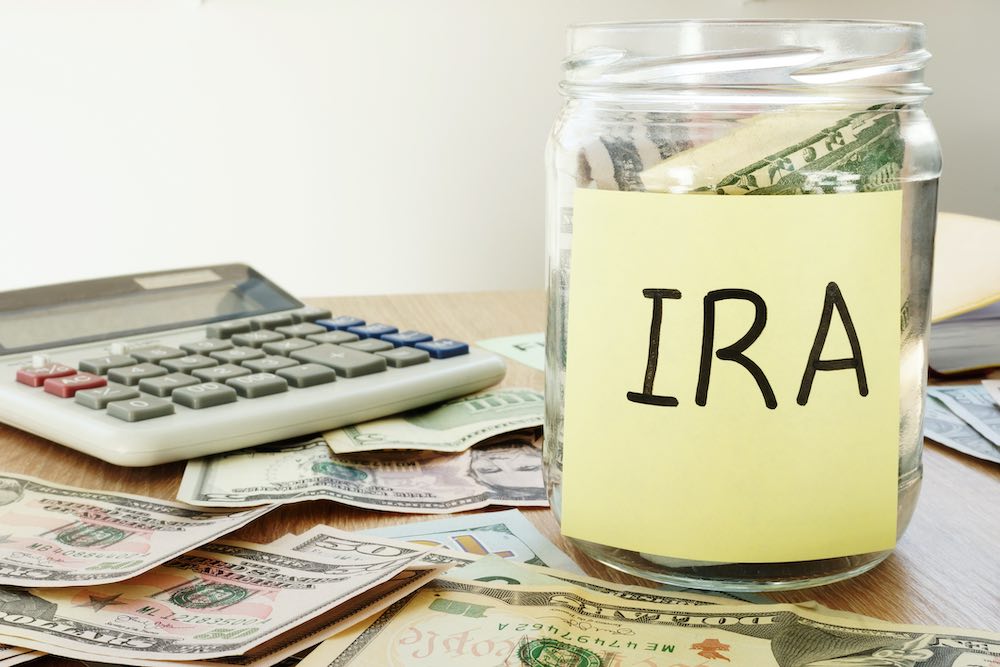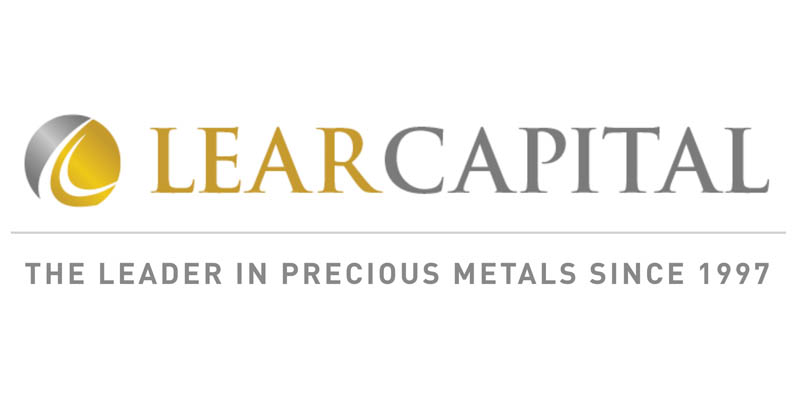A self-directed IRA can diversify your retirement portfolio far beyond what stocks, bonds and other typical investments provide. These individual retirement accounts offer greater flexibility with alternative investments not available in other tax-deferred retirement savings accounts. The most popular assets held in self-directed IRAs can provide substantial growth with advanced retirement planning.
Great Service
Lear Capital
- Fees waived with minimum IRA
- Personalized customer service and education
Common Investments for Self-Directed IRAs
You can hold just about any type of investment in a self-directed IRA, as long as all transactions occur within the account. Traditional IRA investments usually consist of stocks, bonds, and mutual funds. But a self-directed IRA can hold more alternative assets, awarding you greater diversification. You can also buy the standard investments allowed in Roth IRAs and traditional IRAs in these tax-advantaged accounts.
The most common self-directed assets are:
- Real estate
- Precious metals like gold, silver, and platinum
- Cryptocurrencies
- Mineral rights
- Private equity in companies not on the public exchange
- LLCs
- Loans (personal, business, car, mortgage)
- Life settlements
- Retirement homes, and more
While the list of acceptable self-directed IRA assets is long, there are a few exceptions. Here are some things you can not buy:
- Life insurance policies
- Collectibles (art, coins, stamps and others)
- S-Corp stock
- Transactions you benefit from directly (outside of retirement savings)
- Any transactions that benefit a relative, business partner or other disqualified person
Real estate and gold or other precious metals are the most popular self-directed IRA assets. Cryptocurrency like bitcoin is growing in popularity as well.
IRA Custodians
If you’re interested in alternative investments, you’ll need a custodian to hold your assets. This can be a bank, credit union, or other IRS-approved trustee.
Custodians charge a fee and ensure your investment options fulfill IRS requirements. However, they don’t provide investment advice because you manage your own assets. While you can always chat with a financial advisor for guidance, selecting the best assets for your account is up to you.
Gold IRAs
You can hold gold, silver and some other precious metals in a self-directed retirement account called a gold IRA. The IRS allows only specific coins and bars in an IRA. We recommend using a gold IRA company to help you choose the right investment metals.
Gold prices fluctuate significantly; however, the price usually rises when the stock market takes a downturn. This movement makes precious metals a hedge investment to help balance and diversify your retirement portfolio.
You can’t provide the storage for precious metals held in an IRA. You’ll need to pay to store the physical metals securely, but the cost is affordable for most investors. A gold IRA company can assist with defining all expenses so you can determine if the investment is right for you.
Self-Directed IRAs for Real Estate Investments
You can buy a home or other property for a self-directed IRA. Some investors hold the property in hopes the value increases over time. Others rent it out and store the monthly income in the account. You usually have to pay for the real estate up front since most custodians won’t allow a mortgage on the property.
Because your self-directed IRA owns the property, you must funnel all income and expenses through it, like maintenance, repairs, and other expenses associated with keeping up the buildings and land. IRS regulations don’t allow you to maintain the property to keep costs down or deduct property taxes or depreciation. However, you will get a steady stream of funds added to your account.
| Lease between IRA and tenant |
|
| IRA and property manager |
|
| Checkbook IRA |
|
Cryptocurrency IRAs
Cryptocurrency has seen incredible gains since its debut in 2009. However, investing in digital currencies is risky because the market is unregulated and crypto is so volatile. It’s important to work with a custodian to help you manage cryptocurrency within a self-directed IRA. You’ll need to buy or trade digital assets through a digital wallet (an app) linked to a checking account. You’ll also have to create an account on one of the trading exchanges or purchase assets through brokers.
To hold cryptocurrency in a retirement account, you must invest through an LLC (limited liability company). A full-service company like BlockMint or Bitcoin Advizers, or a company specializing in cryptocurrency, will help you choose the best digital cryptocurrency and oversee transactions.
Be Aware of Self-directed IRA Scams
Walk away from anyone who pressures you to fund an investment for your self-directed IRA right away. Scammers often use fear tactics to pressure you into quick decisions, but always do your due diligence before investing. The North American Securities Administration Association’s top five self-directed IRA scams are investments in:
- Promissory notes
- Real estate
- Cryptocurrency
- Ponzi schemes
- Social media or internet-based schemes
Protect yourself from scams by checking the seller’s references. Be sure the seller is registered with the Securities and Exchange Commission or the Financial Industry Regulatory Authority (FINRA). Remember: if a deal sounds too good to be true, it usually is.
What are the Best Assets for Your Self-Directed IRA?
Selecting assets for a self-directed IRA depends on the risk level you can tolerate. Think about how soon you need to start taking the required minimum distributions from an IRA. If RMDs are years away, a self-directed IRA can diversify retirement savings to the highest degree.
Balance the anticipated growth with the costs associated with the asset. Consider consulting with a financial advisor to learn the advantages and disadvantages of various self-directed IRA investments.


